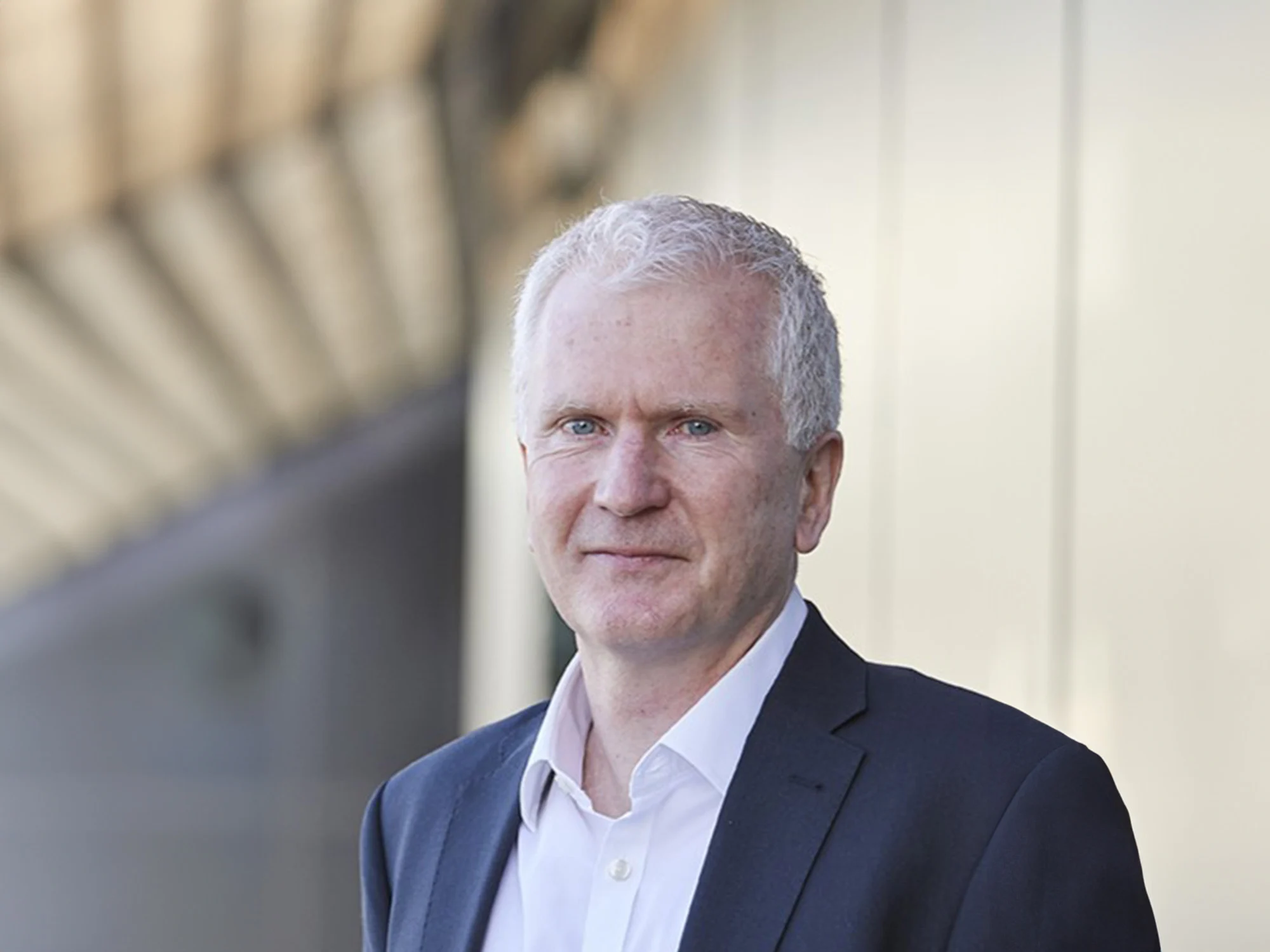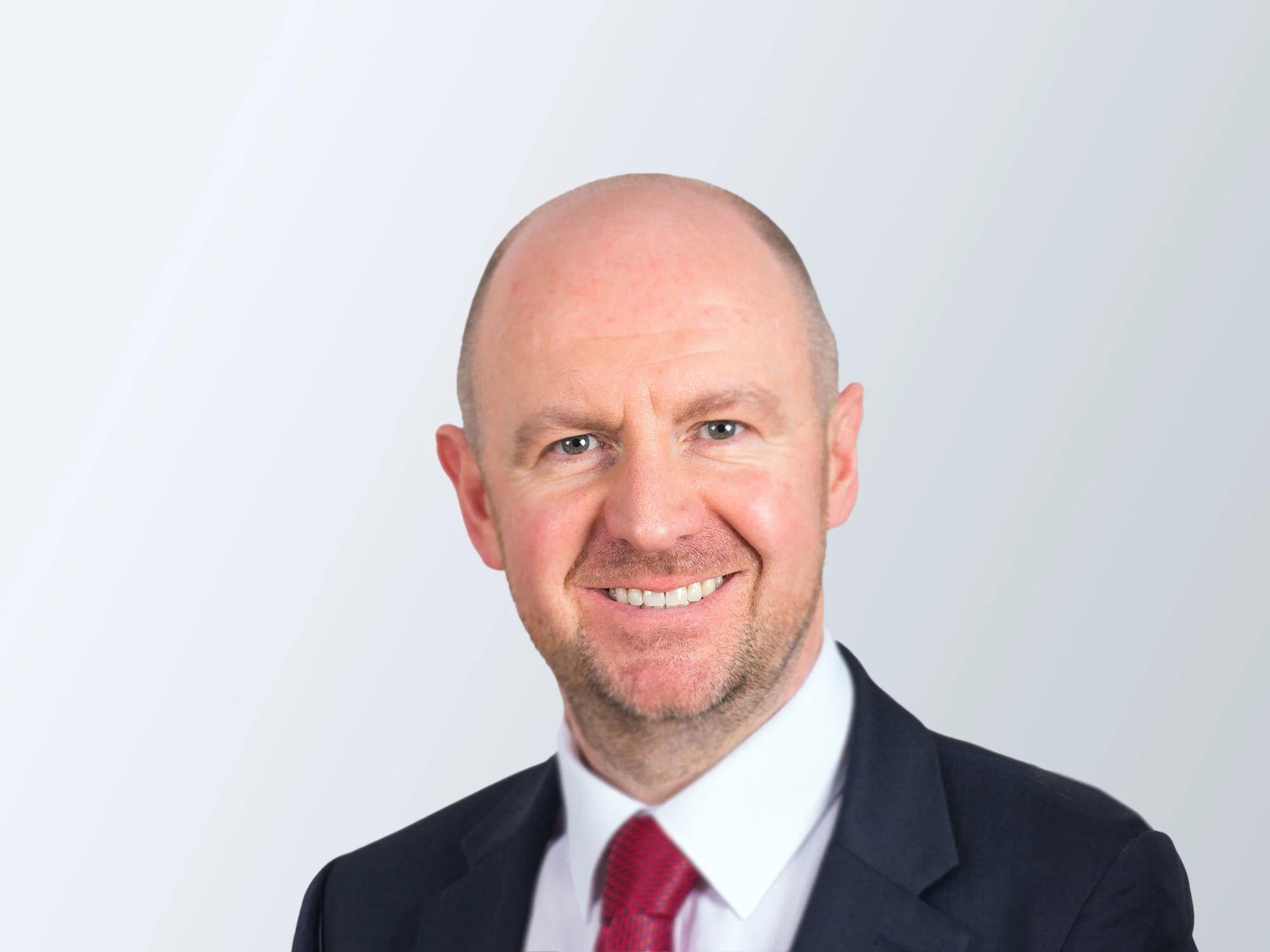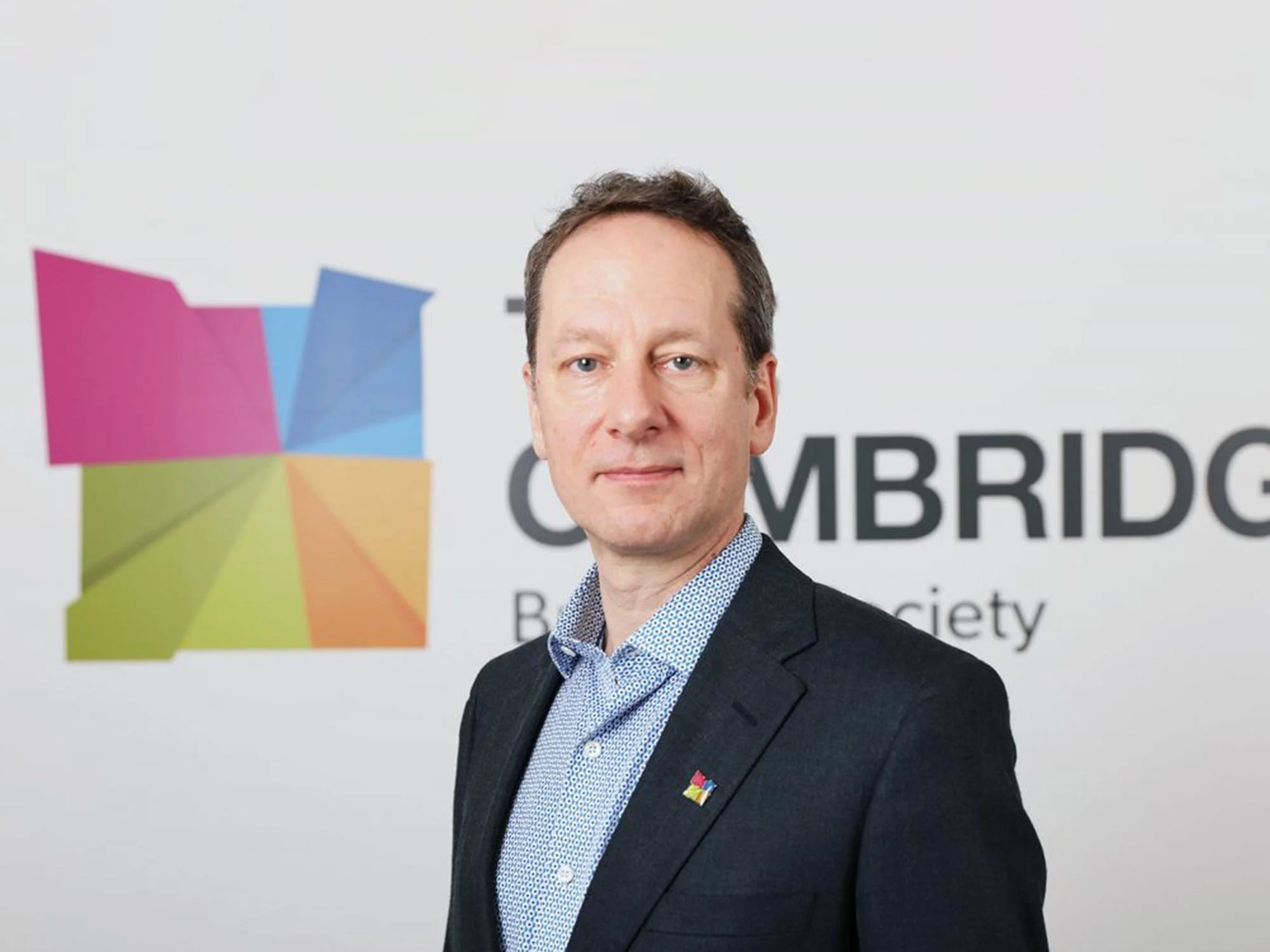1. Measure and report on social value (even though it’s hard)
The finance team is best equipped to measure and report, whatever the metrics. And we know that what gets measured gets managed. So, if your organisation is serious about creating social value, you and your team need to measure it and report on it — or it won’t happen.
It almost feels as if the ‘F’ in CFO is a misnomer today. At Yeo Valley, we talk about people, planet, and profit and that’s reflected in my title.
Integrating non-financial metrics into everything you do makes sustainability a natural part of your decision-making.
2. Make non-financial metrics matter — for everyone
As CFO, you hold huge sway over how decisions get taken and the data that is used to inform them. Embed the right metrics and questions into every process that matters — from capital allocation and internal reporting to incentive schemes and target-setting — and you’ll get everyone marching in time and to the beat of a different drum (whatever that sounds like for you).
3. Flex your spending muscles (for good)
As CFO, you hold the purse strings, and the decisions you make about when and how to loosen them can have a huge impact. Changing your procurement criteria can drive action through the supply chain, for example. And you can wield your financial clout to improve conditions for suppliers too, by contracting responsibly and paying on time.
Supporting local businesses is a crucial way to enhance our impact.
If you don’t pay your fair share of tax, what’s the point of being environmentally responsible? It’s in the CFO’s gift to make sure our company’s tax conduct is responsible and ethical.
4. Take a long, hard look at your tax strategy and conduct
This isn’t about paying more tax than you should. It’s about questioning whether your tax strategy and conduct is responsible and ethical. It’s also about managing risk, as the world asks ever more challenging questions around corporate tax affairs. If you had to explain your organisation’s tax strategy to your grandchildren — or an angry mob — would you be confident that it could stand up to their scrutiny?
5. Use your voice to tell a different story
The CFO’s voice gets heard, and it’s time to use yours. Craft a narrative around your organisation’s non-financial goals that gets your stakeholders on side. Show the world what you care about — through the projects and initiatives you get involved in and the visibility (and resources) you give them.
When we brought in the real Living Wage, I remember everyone asking me if we could ‘afford it’. But I didn’t think it was a finance question. It was also the right thing to do.











